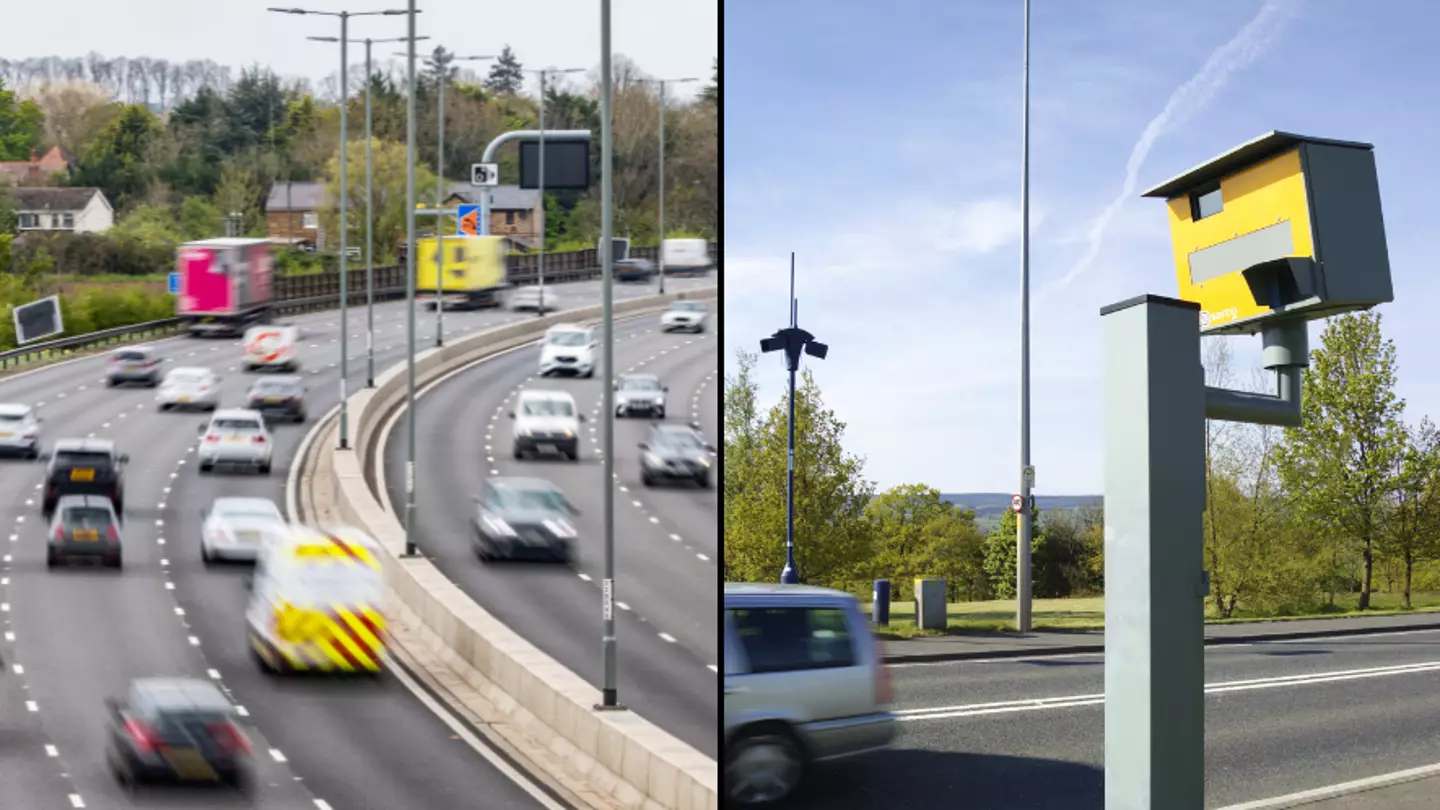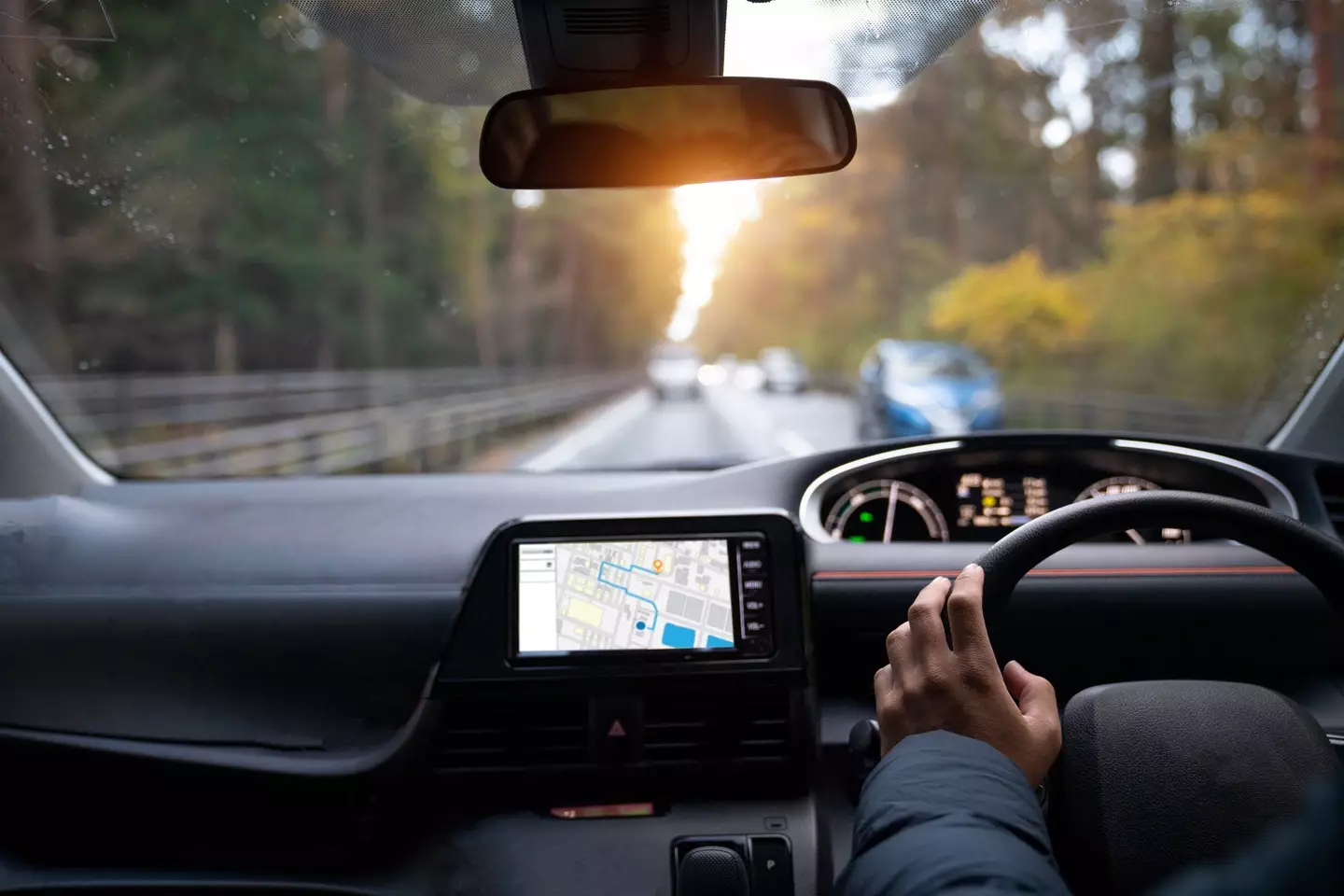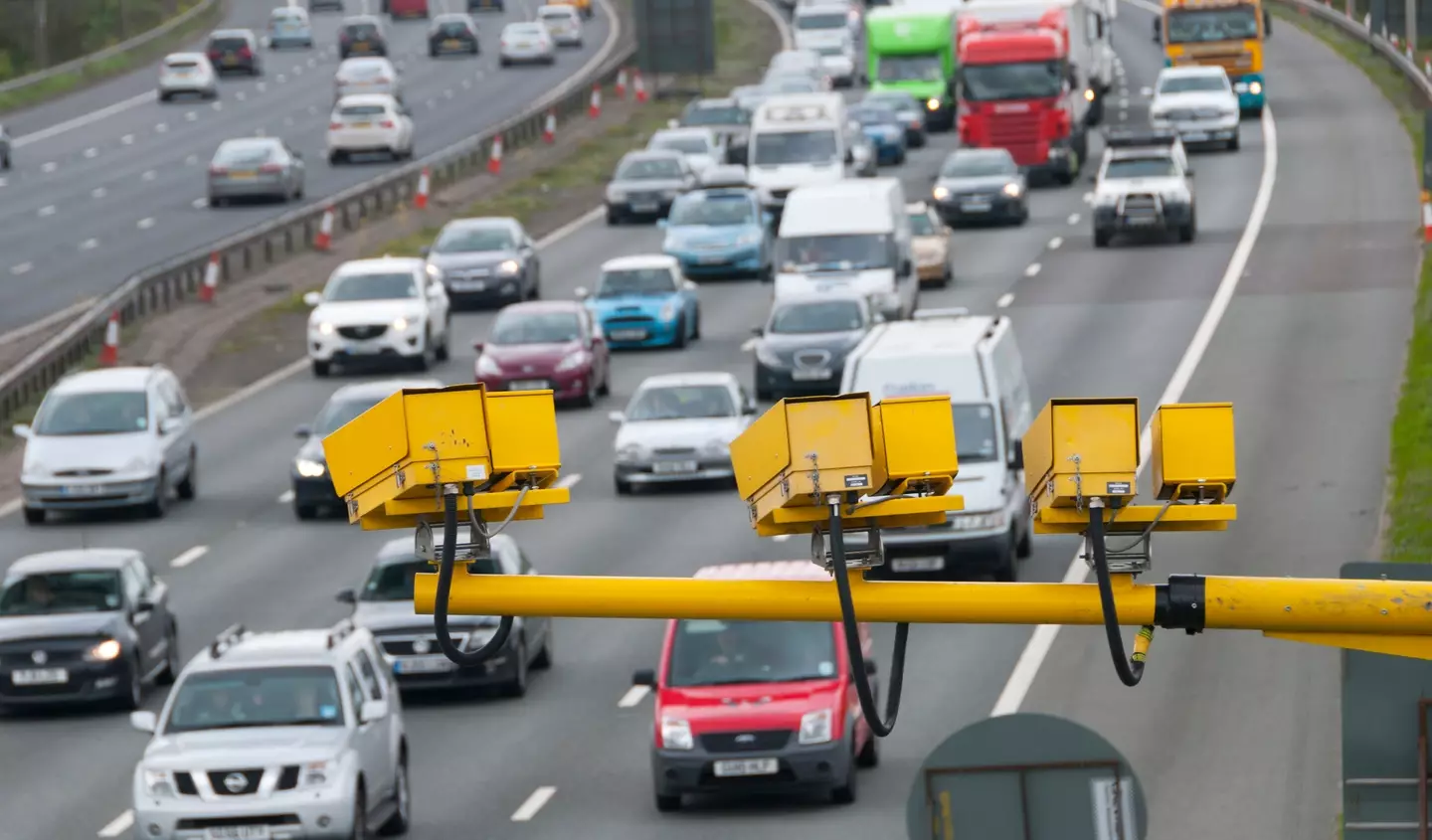
A brand new speed limit law that will 'change the way' Brits drive is raising concerns, as it's set to come into effect next week.
We're all guilty of pushing it when it comes to sticking to the speed limit. Hello '10 percent rule!'
But, a new speed limit law is set to put a stop to all of that.
From 7 July, a new EU law means that all new cars made in Europe will be required to have speed limiters fitted to them.
Now, we know the UK is no longer a part of the EU, but a lot of the cars we drive are made there so the new rule will definitely impact us.
Advert
The new Intelligent Speed Assistance (ISA) systems use speed sign recognition cameras and/or GPS-linked speed limit data to advise drivers of the speed limit as well as warn them if they’re going over it.
More advanced systems will even be able to automatically limit the car’s speed.
"The new rules, set to take effect in July, introduce 'mandatory' speed limiters, changing how we drive on roads. These Intelligent Speed Assistance systems will become standard, forcing drivers to stick to speed limits automatically,” said a spokesperson for Motor Match.

But, while experts say the use of these new ISA systems will 'significantly reduce the risk of penalties,' people have raised some concerns.
Advert
To start, various associations have said that the warning signals for speeding can be annoying for the driver, according to Auto Trader.
To tackle this, manufacturers will have multiple options to choose from to alert the driver: gently pushing their foot back, automatically reducing the propulsion power or offering a visual signal to warn them that they're speeding before an audio cue is activated.
The effectiveness of each signal will then be assessed in December 2025 to figure out the best way forward.

On top of this, there are concerns about whether the technology is advanced enough to work effectively.
Advert
Forward-facing cameras with traffic-sign recognition sometimes miss speed changes - especially on motorways - and roadside vegetation can sometimes obscure road signs, they say.
And some people have questioned the ISA's accuracy, citing instances when a car's sat-nav has incorrectly assumed that they'd exited a motorway.
In cases like this, the car signalling you to reduce your speed from 70 to 30 mph could cause a major issue.
However, the European Commission has stated: "The driver is always responsible for adhering to the relevant traffic rules.
"The ISA system is a best-effort driver assistance system to alert the driver, whenever possible and appropriate."
Advert
Essentially, if you do end up breaking the speed limit, it's still your fault.
Topics: UK News, Driving, Technology, Cars
